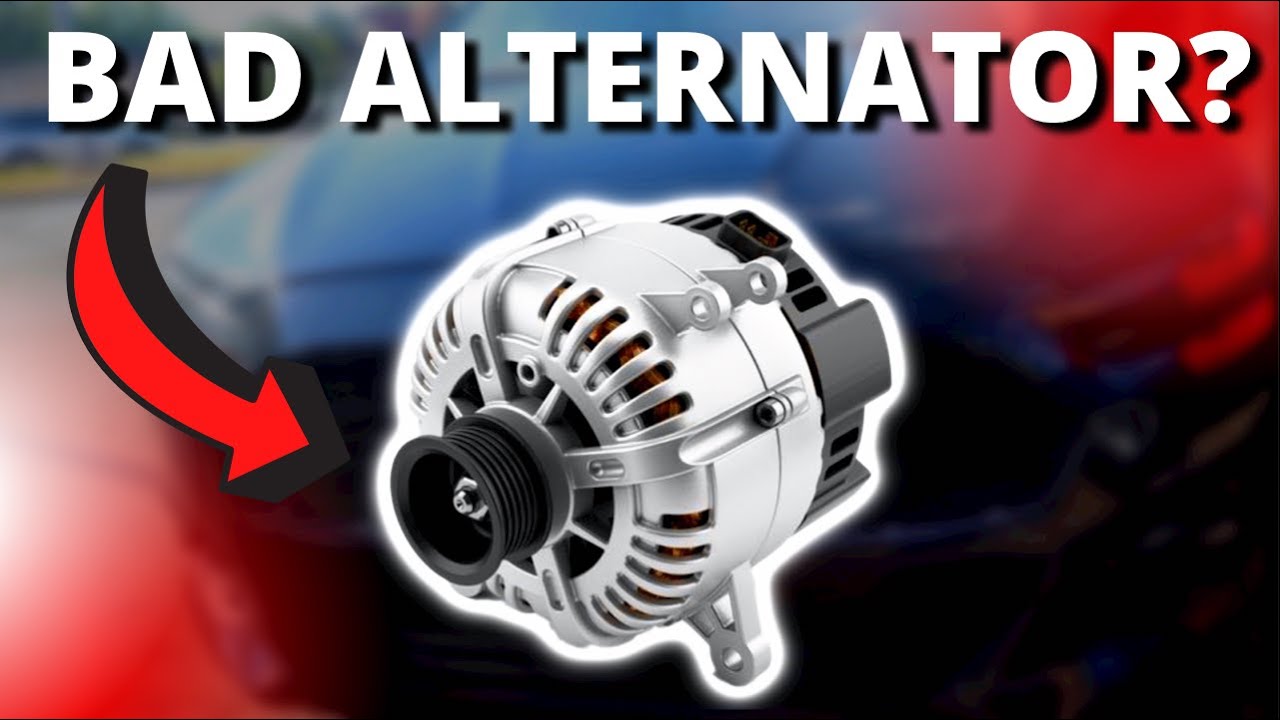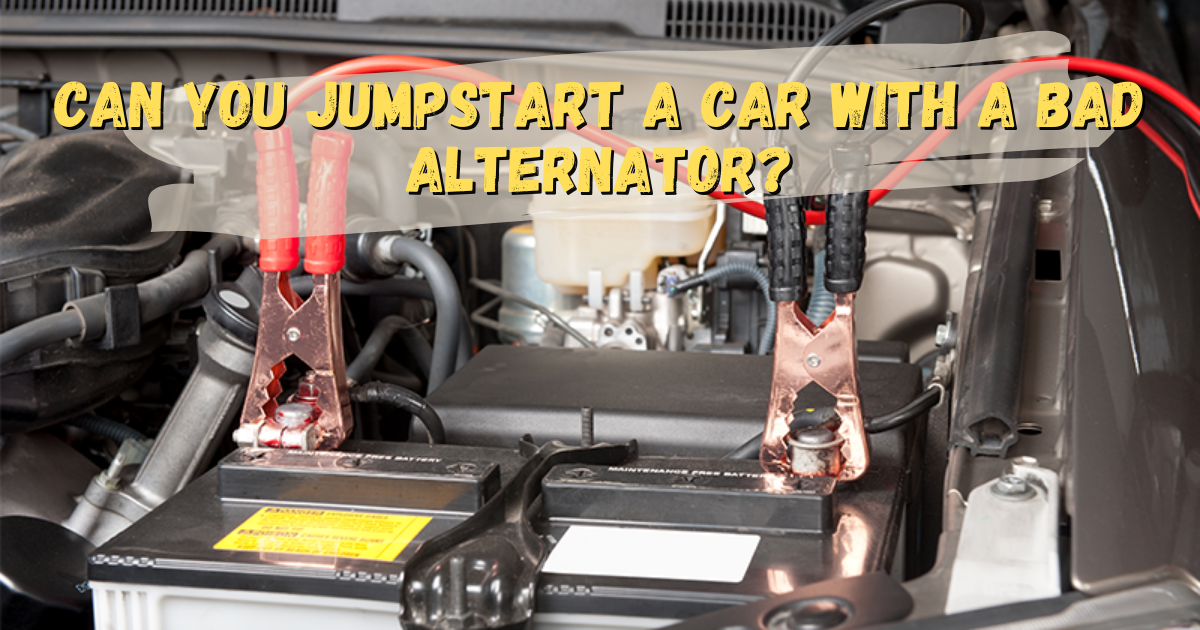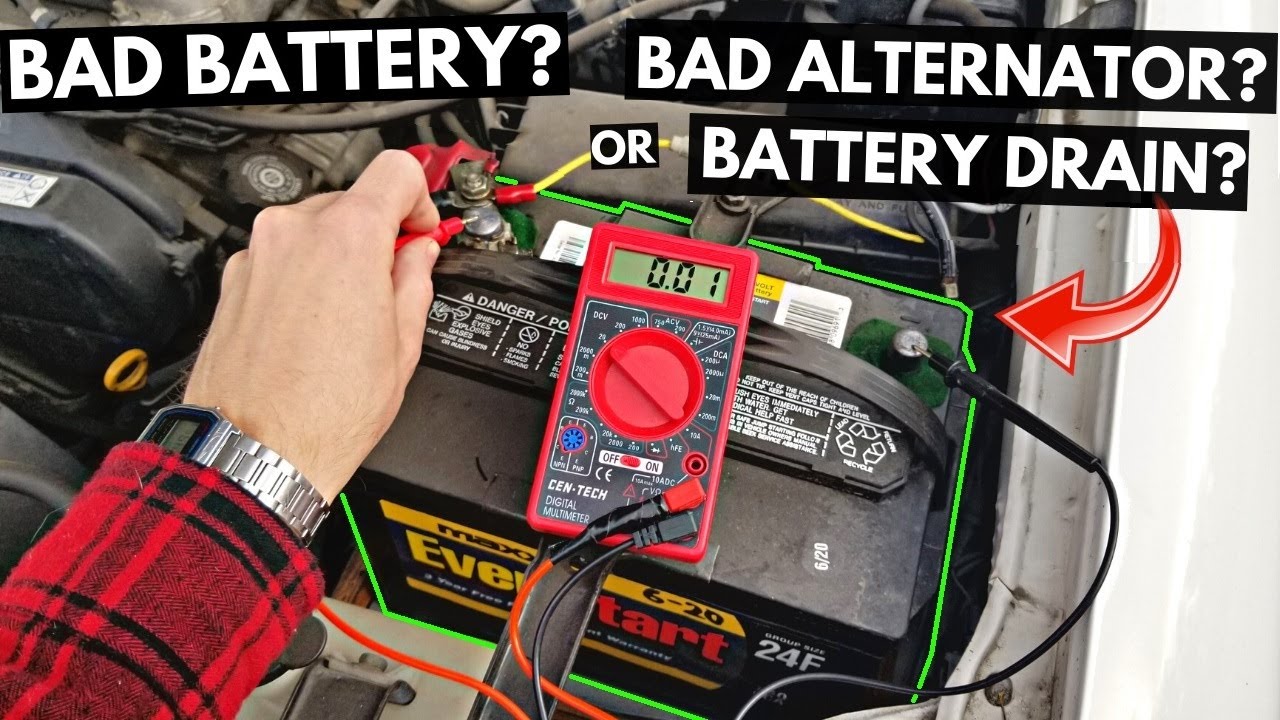Is your car’s power acting up? It could be a sign of bad alternator bearings. Don’t let these crucial components bring your drive to a halt. Discover the nine telltale symptoms of ailing alternator bearings and stay ahead of car troubles.
When these bearings wear out or fail, they can impact your vehicle’s performance and reliability. This article will explore the symptoms of lousy alternator bearings, helping you identify potential problems early on and take appropriate action to avoid further damage or costly repairs.
What are the Symptoms of Bad Alternator Bearing?
These are the common symptoms of Bad Alternator Bearing:
- Electrical Components stop Working: For instance, cars with power locks and windows stop working because of lousy alternator bearings.
- Dead Battery: Batteries run out of power as they aren’t designed to power a car for extended periods with a bad Alternator Bearings.
- Burning Smell from the Engine Bay: Burnt rubber smells due to an overheated alternator belt
- Warning Lights on the Dashboard: Depending on the car’s make and model, the light show “GEN,” “ALT,” or a battery symbol to signal alternator issues.
- Odd Noises: Whining, knocking, grinding, or squeaking noises.
- Car Starting and Immediately Dying
- Dim Interior and Exterior Lights: Dim cabin lights, headlights, and taillights due to low electric power.
- Stereo problems
- Stalling Engine: The alternator may not be providing the spark plugs with enough power to keep the engine going.




